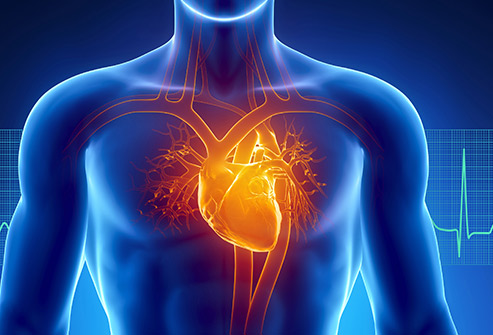DHAKA, April 15, 2021 (BSS) – Referring to a study, an expert said that the death risk of a COVID-19 patient with cardiovascular disease, hypertension, arrhythmia or congestive heart failure are 1.5 times higher than the other patients.
The cardiovascular disease expert laid emphasis on following the health rules strictly and maintaining the daily routine to stay safe from Covid-19.
“A patient with cardiovascular disease will have to maintain health rules strictly to stay safe from Covid-19. He or she has to take medicines properly, walk for at least 35 to 40 minutes daily (at least 5 days in a week) and take cholesterol-free foods,” cardiologist Dr Jahanara Arzu told BSS.
She, an associate professor of cardiology at Bangabandhu Sheikh Mujib Medical University (BSMMU), said patients with cardiovascular disease, who are stable, can fast during Ramadan.
She said the incidence of acute coronary artery syndrome, acute decompensated heart failure, haemodynamic unstable arrhythmia etc. is similar during the month of Ramadan as compared to the other non-fasting months.
Dr Jahanara Arzu said fasting during Ramadan can keep human organs, including heart, healthy.
“If a cardiovascular patient follows the rules properly, he or she can stay safe, otherwise it will harm the physical condition,” she added.
The cardiologist underscored the need for keeping self-control in taking unhealthy but delicious food items and taking necessary medicines after Sehri and Iftar.
She said the patients should take balanced diet, including vegetables, fruits, cereals, cholesterol-free food and dairy products, during Sehri and Iftar.
She informed that the cholesterol-rich foods are ghee, butter, beef, mutton, brain, liver, prawn etc.
Dr Arzu suggested the patients to avoid attending Iftar party or other invitations outside home during COVID era. Such kind of party offers rich food items, which cause high blood pressure, diabetes, heart attack, stroke and many other health disorders.
“Patients should take nutritious foods during Sehri as the meal will provide energy to keep fasting. You have to select such food items those will not harm your health and will contain nutrition and vitamin. If there is no fluid restriction, take 2-3 litres of fluid,” she added.
She suggested getting physical exercise for 35-40 minutes daily after Iftar or Tarabi prayers. And sleep at least 6-8 hours for proper rest.
The cardiologist also suggested the cardiovascular patients to stop unnecessary use of oral saline as it causes high blood pressure and heart diseases.
“Everyone should take oral saline only for vomiting or diarrhea. Unnecessary use of oral saline increases body fluid and blood pressure. Hence the risk of heart diseases increases,” she added.



